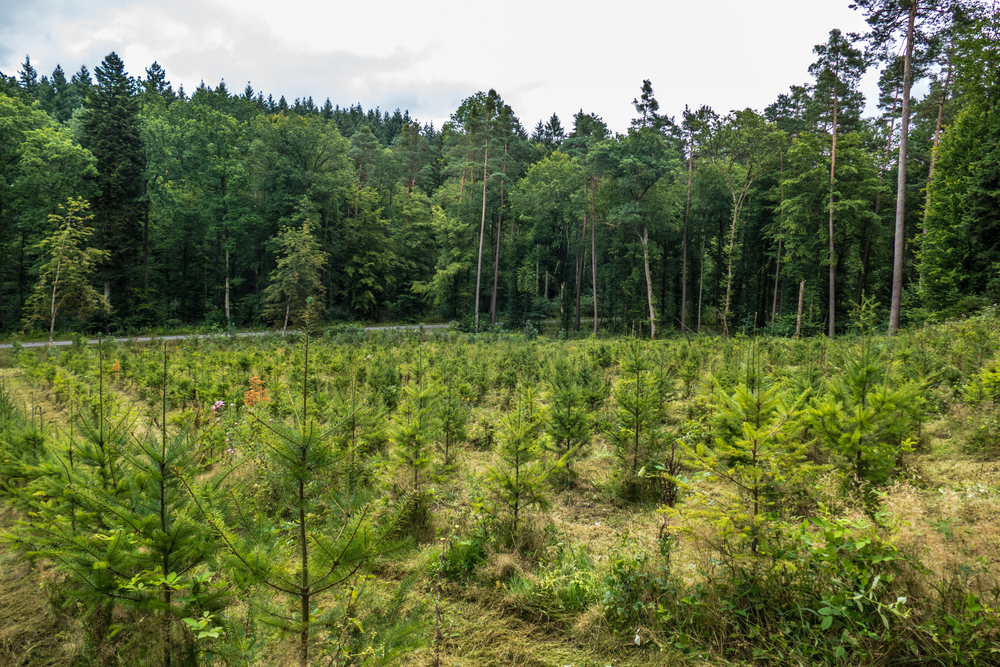Among the global push for forestry, one African project stands out for its novel approach. Could the Trees for the Future (TREES) effort help to reverse deforestation and desertification? This innovative project, which promotes the conversion of monoculture landscapes into biodiverse forest gardens, received considerable praise for its practical results.
The United Nations Environment Programme (UNEP) awarded TREES the distinguished designation of World Restoration Flagship, catalyzing the planting of millions of trees each year across nine countries and covering over 41,000 hectares—a land area seven times the size of Manhattan. Let’s look at how this revolutionary endeavor is making a difference.
The TREES Project: a green revolution for Africa
Since its debut in 2015, the TREES program has helped to reshape Africa’s environmental landscape. With lofty goals and a dedication to grassroots participation, TREES intends to create 230,000 jobs and plant a billion trees by 2030, establishing the groundwork for sustainable development and ecological resiliency.
According to Inger Andersen, executive director of the UNEP, “Initiatives like TREES are playing an important role in reversing decades of ecosystem degradation, especially across the Sahel, pushing back desertification, increasing climate resilience, and improving the wellbeing of farmers and their communities.” This recognition emphasizes the importance of solving Africa’s serious environmental concerns, as well as the critical role that grassroots efforts play in generating transformative change.
Overcoming historical challenges
Despite TREES’ remarkable progress, historical pessimism about large-scale regeneration programs persists. Previous attempts have frequently failed to meet expectations due to a lack of follow-up, insufficient resources, and unrealistic goals. However, TREES distinguishes itself by taking a comprehensive approach that extends beyond tree planting. Vincent Mainga, the Kenyan director of TREES, emphasizes, “This is a massive restoration movement using regenerative agriculture. This model is very easy to adopt.”
The promise of forest gardens
One of the TREES initiative’s defining aspects is its emphasis on forest gardens, a concept that combines agroforestry concepts to build resilient and productive ecosystems. TREES supports smallholder farmers to move from monocultural techniques to diverse agroecological systems by providing thorough training, seeds, tools, and grants. Farmers in Kesouma, western Kenya, whose agricultural land borders Lake Victoria, have fully embraced this strategy.
According to Mainga, “We work with the farmers for four years. After that, they can understand all the components, and they can use what they learn from our technicians to produce thriving farmlands, usually with a surplus. It is self-sustaining.” This bottom-up strategy promotes ownership and long-term sustainability, ensuring that communities realize the benefits of forestry while also protecting their livelihood.
Monitoring and sustainability
However, the path to ecological restoration is laden with difficulties, from assessing progress to obtaining financial incentives. To address these concerns, TREES works with stakeholders to develop robust monitoring tools and novel finance approaches. Notably, collaborations with institutions such as the University of Nairobi and the Wangari Maathai Institute of Peace and Environmental Studies support research and carbon credit projects.
As Africa prepares for historic demographic transitions and environmental turmoil, programs like TREES provide a ray of hope amidst hardship. With visionary leadership, local involvement, and international assistance, reforestation is on track to forge a new course—one in which ecological resilience and human prosperity coexist harmoniously.












